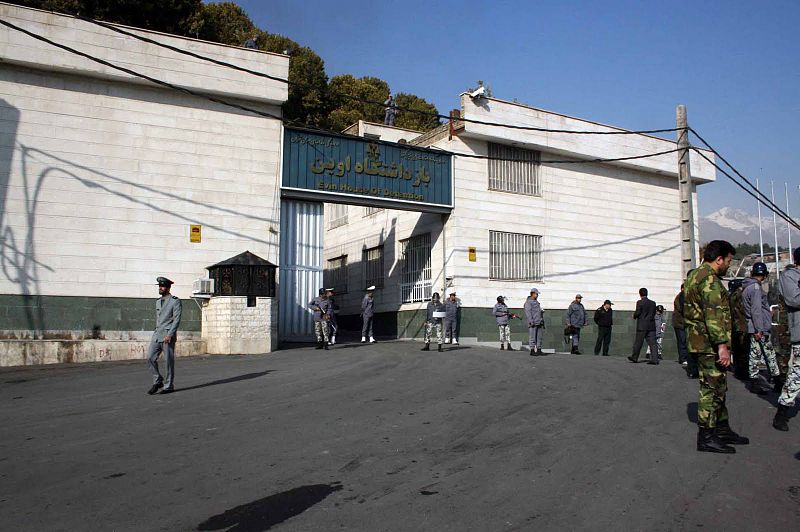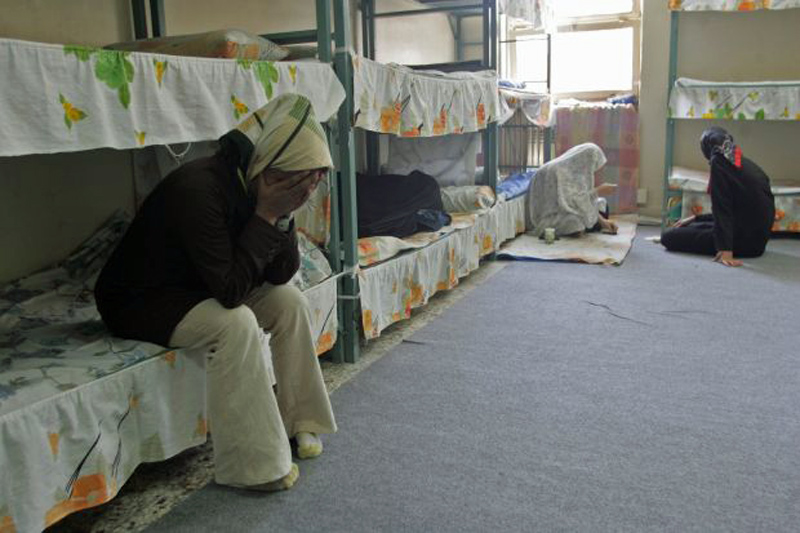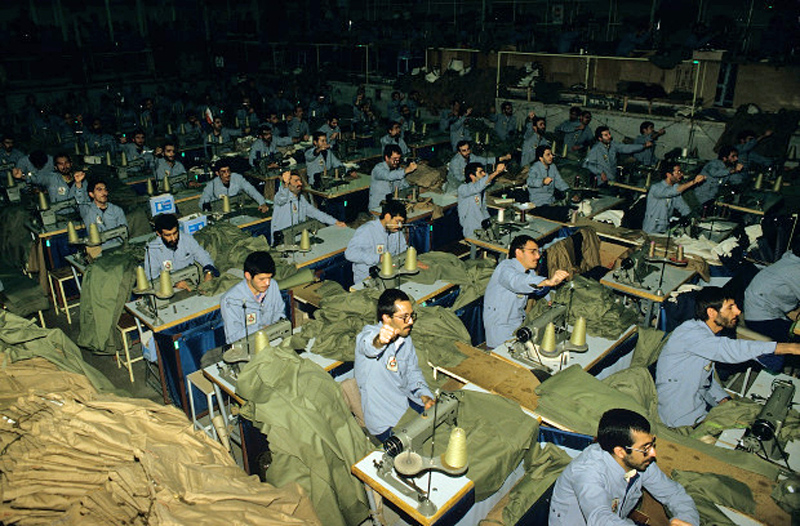By Mark Ellis —

In Iran, it is illegal to share your faith with non-Christians, hold church services in the Farsi language, or produce Christian literature. Christians face arrest for attending underground house churches.
Maryam Rostampour and Marziyeh Amirizadeh were born into Muslim families in Iran and converted to Christianity around the year 2000. After meeting each other in Turkey while studying about their faith, they returned to Iran and began handing out New Testaments in Tehran and other cities.

They started two house churches in their apartment, one for young people and another for sex workers. In 2009, Maryam and Marziyeh were arrested in Tehran for promoting Christianity—a capital crime in Iran—and imprisoned for 259 days in Evin Prison.
They were convicted of apostasy, anti-government activity and blasphemy, and sentenced to execution by hanging. An international campaign began to pray for their freedom, and remarkably, Maryam and Marziyeh were released in 2009 and cleared of their charges.
But during their time in prison, they made the startling discovery that they had more freedom inside prison than outside the prison walls.
Inside, they were free to share the Gospel with prisoners they might not have otherwise encountered.
Prior to their arrest, they were able to receive thousands of New Testaments smuggled into the country through a pastor in London. The two young women carried the Bibles in backpacks through neighborhoods at night, dropping them into mailboxes surreptitiously.
“Praise God, nothing happened to us and after almost three years, we could distribute 20,000 New Testaments in different parts of Tehran,” Marziyeh told International Christian Concern (ICC).
Propelled by the Holy Spirit, the two young women became bolder and bolder, handing out New Testaments in shopping centers and launching two house churches. “We were so open about our faith. We had two house churches in our apartment; we were evangelizing people.
“And we don’t really know who reported about our activities, but one day early in the morning, Marziyeh received a phone call from a stranger. He had some questions about our car documents and asked her to go to the police station,” Maryam told ICC.
The authorities arrested both of them, ransacked their apartment, and took all their belongings, Bibles, JESUS movies, and other Christian literature.
Under duress, they prayed in tongues
“We just hugged each other. We said goodbye to each other because we thought it was our last day on earth and we didn’t know what to do. We couldn’t even pray in Farsi because we were so scared, and we didn’t know how to ask God to help us. But I remember after that person threatened us with physical torture, we started praying in tongues. We really praise God for this gift because we could see how in those difficult moments, the presence of Holy Spirit really strengthened us and helped us and prayed on our behalf.”
In prison, the people who were there shocked them. “We saw many respectful and intellectuals like students, lawyer, journalist, and even doctors,” Marziyeh told ICC. “They were in that prison just because their beliefs was against the government. And also we were shocked when we saw some children among prisoners and we couldn’t believe that. And those children were in that prison because of the crimes of their mothers.”

There were also murderers and other hardened criminals in Evin Prison mixed with the prisoners of conscience.
More freedom inside!
“We had many great opportunities to share our faith with other prisoners. And we believe that inside Evin prison, we were more free rather than outside prison because we could talk to anybody and nobody could stop us. Before going to that prison, we had to pray and ask God to show us a right person to speak. But inside Evin prison we could talk to anybody,” Marziyeh recounted.

One day, one of their interrogators discovered the two women had been talking to other prisoners about Jesus. He shouted at Marziyeh: “I heard that you are talking to prisoners about Jesus. You should shut your mouth here, not talk about Jesus. You’re brainwashing people.”
“I’m so sorry,” she replied meekly. “I believe this is not our fault. This is your fault because you arrested us. You put us in this prison and prisoners are curious. They ask us, ‘What is your charge? Why you are here?’ So we have to explain to them why we are here.”
As a result of an international campaign for their release, thousands of letters began to flood into the prison, much to their surprise, which led to their ultimate freedom.
Like the patriarch Joseph in the Old Testament, they did not get bitter about their unjust prison sentence and became faithful to God’s calling on their lives, embracing God’s assignment in spite of their suffering, leading many captives to discover the meaning of freedom in Christ.
To learn more about the work of International Christian Concern, go here



